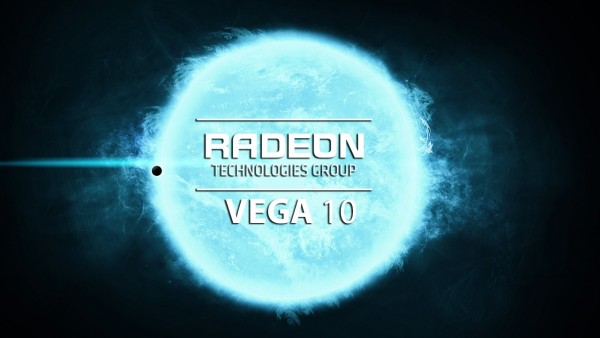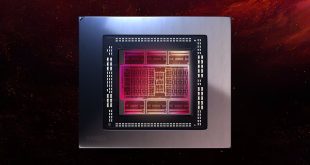While AMD has been focussing on the mid-range graphics card market this year with Polaris, next year we will see the launch of Vega GPUs, AMD's next batch of high-end cards to take on the likes of Nvidia's GTX 1080 and GTX 1070. We haven't heard much about Vega but this week it looks like the first key specifications leaked for Vega 10, Vega 20, Vega 11 and we even got some claimed details on the Navi architecture.
This leak comes from one of Videocardz's sources. In a report released today, it was claimed that Vega 10 will be releasing in the first quarter of 2017 (January-March), with 64 Compute Units, 16GB of HBM2 with memory bandwidth of 512GB/s. The chip itself is based on the 14nm process and will have a 225W TDP. Apparently, a dual-GPU version of this card is also being planned for Q2 next year.
Vega 20 is also apparently in the works and will be based on the 7nm process and will feature as much as 32GB of HBM2, running at a TDP of just 150W. This card will also feature 64 Compute Units and support PCIe 4.0, according to the report. Finally, Vega 11 is apparently going to be AMD's replacement for Polaris 10 next year, but not anything else is known about it outside of that.
As far as Navi goes, the report claims that Navi 10 and Navi 11 GPUs are currently being planned for 2019, which is a year later than initially expected.
Discuss on our Facebook page, HERE.
KitGuru Says: Do keep in mind that we can't verify any of this information due to the anonymous nature of the source, so take all of this information with a grain of salt. That said, this all seems like positive news if true, after all, it would be nice to see a new high-end GPU sporting HBM. Are any of you waiting on new GPUs from AMD?
 KitGuru KitGuru.net – Tech News | Hardware News | Hardware Reviews | IOS | Mobile | Gaming | Graphics Cards
KitGuru KitGuru.net – Tech News | Hardware News | Hardware Reviews | IOS | Mobile | Gaming | Graphics Cards




Isn’t the point of HBM2 that it can deliver 1TB/s instead of 512GB/s with 4 packages? So many red flags on this “leak”.
Wait for Benchmarks!
Edit: I mean “Paper launch”
TDP seems too high.
With 16gb of hbm2…I thinks it’s correct.
“Up to 1TB/s” doesn’t mean it is the only option, they could downrate and save on power or yield; they can put HBM2.0 in any product tier they like as a result (provided the return on investment).
These companies one up each other, but not by orders of magnitude; so why push for the stars when the competitor isn’t trying that hardor doesn’t have their challenger yet? With high-end, it isn’t like the company will gain extra market share if the gap between flagships were wider. It may come off as a page out of Intel’s or nVidia’s book, but what’s the real point here? To make money; impressing end-user customers that have insatiable desires isn’t the point, just a by-product when convinient.
So probably nothing under $300 with vega with those specs then XD
Don’t worry, electricity is cheap
Yes yes… we all know that.
I was referring to the the amount of packages used. If they use 4 packages as all cards (both AMD and Nvidia) have been using so far, the bandwidth would be 1 TB/s, not 512 GB/s.
The main problem is the heat released from the card.
There will be cards with LC. The liquid cooler can handle it. Even if the card is 300W, there won’t be any problem 🙂